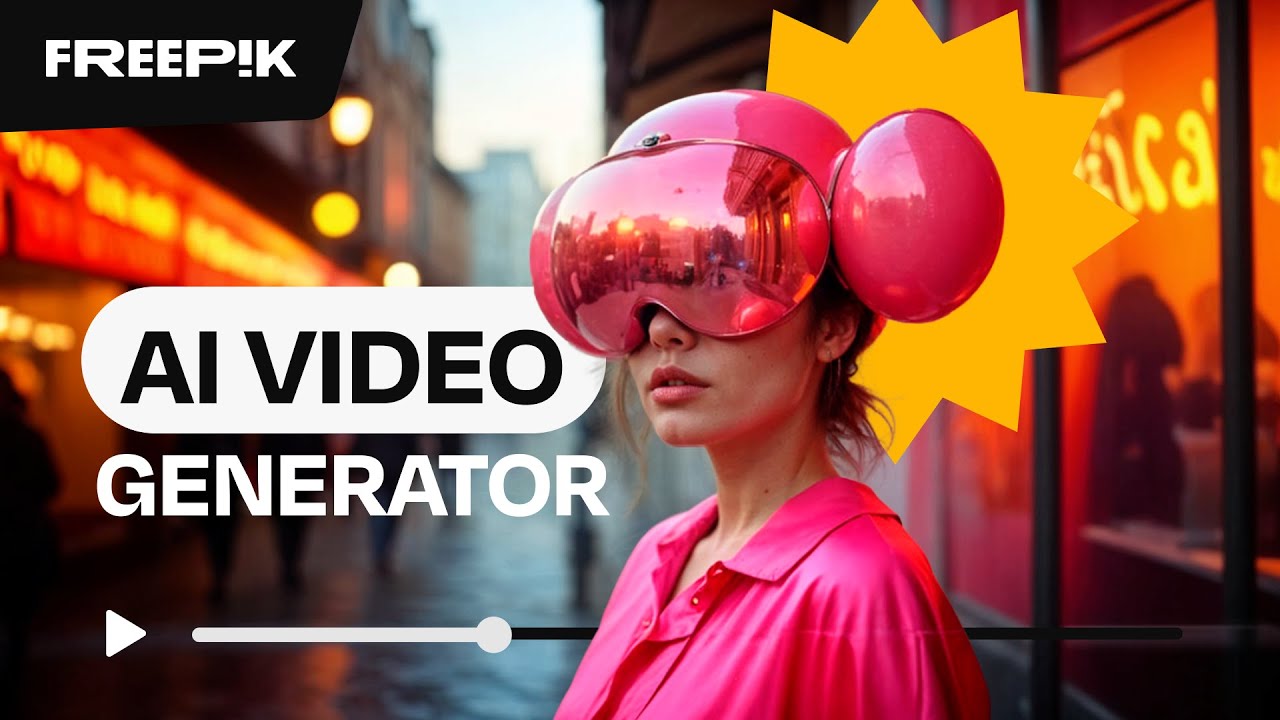Social media marketing is now a necessary part of modern business plans. In fact, 77% of organizations use different social media platforms to reach their target audience.
As platforms change and new technologies emerge, marketers need to understand these changes so they can connect with their target audience and help expand their business.
In this article, we explore the future of social media marketing by analyzing current platforms and technologies that are anticipated to shape the industry in the years ahead.

The Rise of Social Media Growth Services
Social media growth services have changed how people and companies increase their online visibility. They provide customized methods to raise the number of followers, improve participation, and enhance overall appearance on platforms such as Instagram, X, or TikTok.
Using complex algorithms combined with analytics tools, these services assist users in focusing on particular groups of people or demographics for a more genuine and involved audience.
For instance, if you’re using Instagram to boost your marketing efforts, working with a reputable growth service to buy Instagram followers using organic methods can be extremely beneficial. This can later set a foundation to increase your following with real users, who can become loyal customers of your brand.
New Social Media Platforms
As social media continues to evolve, new platforms are emerging that provide marketers with new marketing opportunities. For instance, TikTok has transformed short-form video content consumption among younger audiences with its engaging and creative clips. Its algorithm-driven feed facilitates rapid viral growth, making it an appealing option for brands looking to quickly increase their online presence.
Clubhouse, an audio-based social network that facilitates live discussions and virtual events, is another popular new platform gaining ground. Offering brands an unprecedented way of engaging with their target audiences through real-time dialogues, while creating an intimate setting for thought leadership and community-building initiatives, its use has quickly grown in recent months. Marketers must adapt their strategies as these new platforms gain ground, so as not to miss any unique features or audience dynamics they provide.
Leveraging Artificial Intelligence and Machine Learning
Revolutionary technology like artificial intelligence (AI) and machine learning (ML) is changing how social media marketing campaigns work. By using AI to analyze large amounts of data we can learn more about consumer preferences, trends, and habits. At the same time, ML tools automate tasks like content production, scheduling, and customer service. This frees up marketers from routine work, so they can concentrate on strategy and creativity instead.
When it comes to targeting and segmentation, machine learning algorithms play a big role. The advanced analysis they use can recognize patterns in user data, which helps in predicting the type of content that will attract particular audience segments most strongly. This results in better ad placements and more engagement rates overall. AI and ML are growing fast in social media marketing because they help brands give personalized experiences on a large scale.
The Growing Importance of Video Content
As video continues its dominance of social media channels like YouTube, TikTok, and Instagram, it remains increasingly essential. Live streaming platforms have demonstrated their ability to capture attention and drive real-time audience engagement for brands.
AR and VR technology advances are set to further elevate video viewing experiences for users. AR filters and VR experiences create engaging, interactive content that draws in users while inviting deeper engagement with brands. As these technologies become more affordable and widely adopted by marketers aiming to stay at the forefront, incorporating video into social media strategies is crucial for staying ahead of competitors.

The Impact of Influencer Marketing
Influencer marketing has quickly become an essential element of social media strategies and it continues to gain importance. Influencers with closely-followed audiences are invaluable for delivering brand messages that resonate deeply. Yet, the influencer marketing landscape is changing drastically with the increased use of micro and nano influencers.
Micro-influencers, with around 1,000 to 100,000 followers, usually boast higher engagement rates and niche audiences than celebrity influencers, giving brands more targeted endorsements that align with their values and audience. Brands are becoming more aware of this segment’s value and leveraging them to boost their marketing campaigns.
The Role of Data Privacy and Ethics
As social media platforms collect more user data, privacy and ethics concerns are becoming more prominent. Consumers have become more informed of how their data is being utilized. As a result, strict regulations and policies about data collection and usage have resulted in increased regulation.
As marketers, this will require adopting more ethical practices and prioritizing user consent and privacy. Audience trust will become crucial, and brands that fail to respect privacy may face backlash or lose credibility. In the future, social media strategies will increasingly incorporate ethical considerations with an emphasis on transparency, accountability, and safeguarding user data privacy.
Bottom Line
Social media marketing will continue its rapid evolution through emerging platforms and technologies, necessitating marketers to adapt quickly. They should identify new opportunities and challenges, emphasizing authentic engagement through AI-powered video content and influencer collaboration. Ensure data privacy is key for successful social media marketing strategies that effectively reach audiences and drive sustainable online growth. By staying ahead of these trends, brands can effectively connect with audiences to drive meaningful digital growth beyond their borders.








